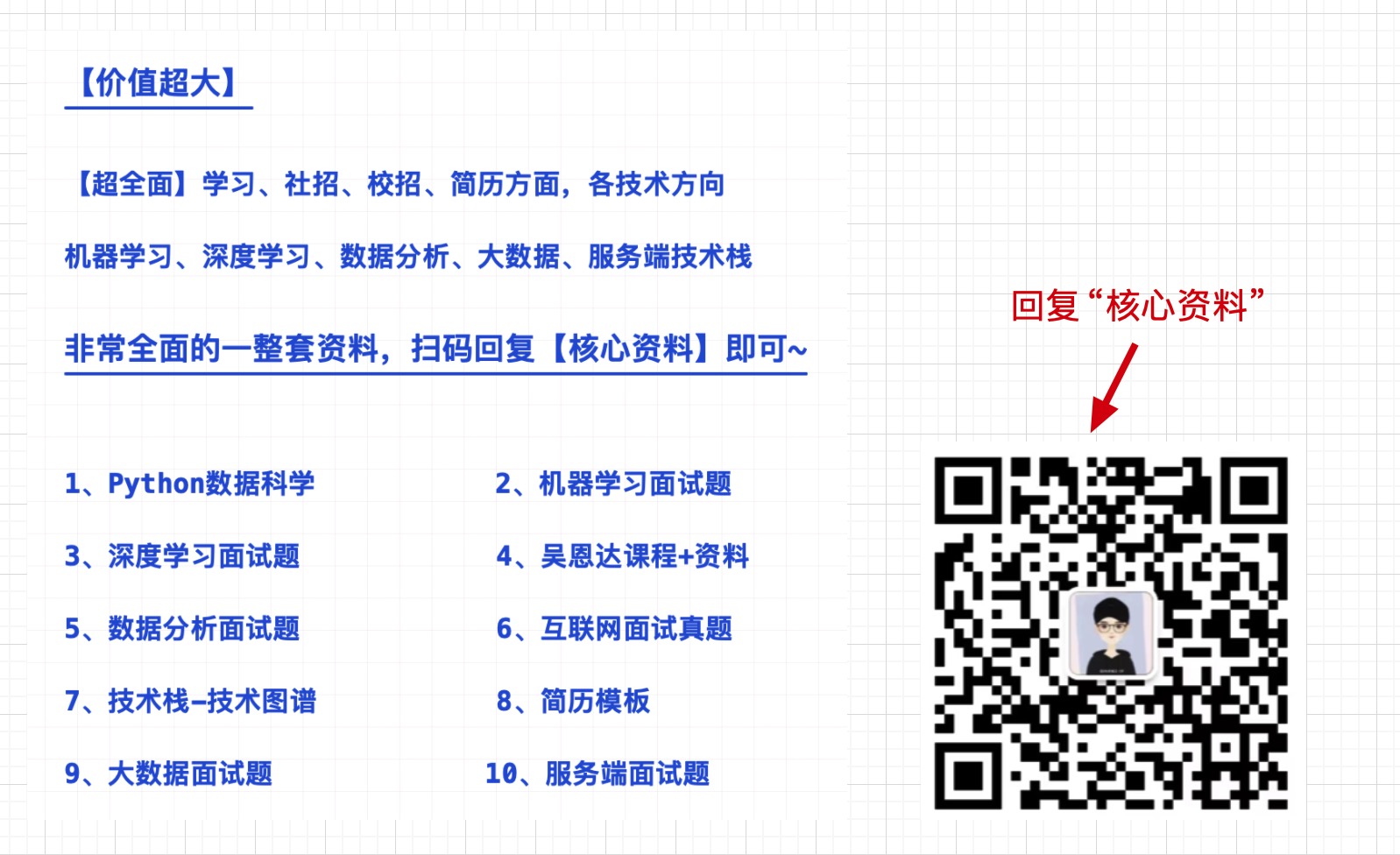目录
- 一、pytest.fixture()简介
- 二、scope参数
* - 2.1简介特点
- 2.2scope=function
- 2.3scope=class
- 2.4scope=Module
- 2.5scope=session
- 三、params参数
* - 3.1参数为列表
- 3.2参数为元组
- 四、autouse参数
- 五、ids参数
- 六、name参数
一、pytest.fixture()简介
源码:
:param scope:
The scope for which this fixture is shared; one of dynamic scope in the docs for more information.
:param params:
An optional list of parameters which will cause multiple invocations
of the fixture function and all of the tests using it. The current
parameter is available in 二、scope参数
2.1简介特点
1、function:每一个函数或方法都可以调用,默认值
2、Class:每一个类调用一次(只限制了class,不限制.py文件),一个类中可以有多个方法
3、Module:每一个.py文件调用一次(只限制.py文件),该文件内可以有多个function和class
4、Session:是多个文件调用一次(与conftest.py配合使用),可以跨.py文件调用,每个.py文件就是module
下面会依次介绍
2.2scope=function
方法和函数上一行加入@pytest.fixture(scope=’function’)或者@pytest.fixture()
没有设置scope时,默认等于function
import pytest
@pytest.fixture()
def login_init():
print("测试用例执行前,先执行我")
yield
print("测试用例执行后,在执行我")
@pytest.fixture(scope = 'function')
def login_init_2():
print("初始化条件2")
def test_login_null_user(login_init,login_init_2):
print("账号为空登陆")
assert 1==1
def test_login_null_pass():
print("密码为空登陆")
assert 1==1
class Test_Login:
def test_loing(self,login_init,login_init_2):
print("使用正确的账号密码登陆")
assert 1==1
运行结果:

从运行结果可以看出方法和函数运行之前都会调用login_init和login_init_2函数,方法和函数执行后会执行login_init函数yield后的函数体
所以scope = function时,每个方法和函数都可以调用一次
login_init和login_init_2被调用时,执行结果一样,说明 pytest.fixture()默认是scope = function
2.3scope=class
每一个类调用一次(只限制了class,不限制.py文件),一个类中可以有多个方法
import pytest
@pytest.fixture(scope='class')
def login_init():
print("测试用例执行前,先执行我")
yield
print("测试用例执行后,在执行我")
def test_login_null_user(login_init):
print("账号为空登陆")
assert 1==1
def test_login_null_pass(login_init):
print("密码为空登陆")
assert 1==1
class Test_Login:
def test_loing(self,login_init):
print("使用正确的账号密码登陆")
assert 1==1
def test_loing_err_user(self,login_init):
print("使用错误的账号登陆")
assert 1==1
执行结果

从 执行结果可以看出函数调用login_init时,每执行一个用例都会执行yield前后两个函数体,但是类里的方法test_loing()和test_loing_err_user()都调用login_init却只执行一次yield前后两个函数体,而且两个方法的用例都执行完了才执行结束,所以scope=class时: 每一个类调用一次(只限制了class,不限制.py文件),一个类中可以有多个方法
2.4scope=Module
Module:每一个.py文件调用一次(只限制.py文件),该文件内可以有多个function和class
import pytest
@pytest.fixture(scope='module')
def login_init():
print("测试用例执行前,先执行我")
yield
print("测试用例执行后,在执行我")
def test_login_null_user(login_init):
print("账号为空登陆")
assert 1==1
def test_login_null_pass(login_init):
print("密码为空登陆")
assert 1==1
class Test_Login:
def test_loing(self,login_init):
print("使用正确的账号密码登陆")
assert 1==1
def test_loing_err_user(self,login_init):
print("使用错误的账号登陆")
assert 1==1
def test_loing_err_pass(self):
print("使用错误的密码登陆")
assert 1==2
执行结果:

从执行结果可以看出一个.py文件只要调用scope = module装饰的方法或函数,这个文件在执行用例前,先执行scope = module装饰的方法或函数,最后执行yield结束函数体,包括 test_loing_err_pass方法 。由此看出:每一个.py文件调用一次(只限制.py文件)当.py文件有多个scope = module装饰的方法或者函数时,大家自己动手 验证下结果
2.5scope=session
与conftest.py配合使用,可以跨.py文件调用,每个.py文件就是module,只能调用一次
目录结构:

conftest.py文件代码 :
import pytest
@pytest.fixture(scope='session')
def init_login_BC():
print("我是pytest.fixture的session")
test_search.py文件代码:
class Test_Search:
def test_search_id(self,init_login_BC):
print("使用ID搜索用户")
assert 1==1
def test_search_user(self):
print("使用昵称搜索用户")
assert 1==1
运行结果:

从运行结果可以看出scope=session, 可以夸文件调用,与conftest.py配合使用,只能调用一次大家可以自己动手尝试
三、params参数
传递参数,和pytest.parametrize功能大致相同
3.1参数为列表
import pytest
class Test_Login:
@pytest.fixture(params=["111111","22222","33333"])
def data_search(self,request):
return request.param
def test_search(self,data_search):
print("输入IDA搜索:",data_search)
assert 1==1
运行结果:

从运行结果可以看出可以参数为列表可以使用到测试用例里
3.2参数为元组
import pytest
class Test_Login:
@pytest.fixture(params=[(13811111111,111111),(13811111112,111111),(13811111111,111112)])
def data_search(self,request):
return request.param
def test_search(self,data_search):
print("输入账号为:", data_search[0])
print("输入密码为:", data_search[1])
assert 1==1
运行结果:

运行结果可以看出,能把参数为元组的数据传递给用例
3.3参数为字典
import pytest
class Test_Login:
@pytest.fixture(params=[{"userId":"11111","username":"眼泪","sex":"男"},{"userId":"22222","username":"眼角","sex":"男"}])
def data_search(self,request):
return request.param
def test_search(self,data_search):
print("搜索用户ID为:", data_search["userId"])
print("搜索用户昵称为:", data_search["username"])
print("搜索用户性别为:", data_search["sex"])
assert 1==1
运行结果为

从运行结果可以看出,参数为字典时能把数据传递给用例
四、autouse参数
autouse=True时,这个.py文件里的test方法和函数都执行pytest.fixture装饰的函数或方法
autouse=False时,只有主动调用时才会执行装饰器修饰的方法,默认是False,不写参数时按照默认处理
import pytest
class Test_Autouse:
@pytest.fixture(autouse=True)
def login_deta(self):
print("测试用例执行前先执行我")
yield
print("测试用例执行后,执行我")
def test_logi(self):
print("测试登陆操作")
assert 1==1
def test_logi_err_user(self):
print("使用错误的账号登陆")
assert 1 == 1
运行结果:

五、ids参数
六、name参数
Original: https://blog.csdn.net/changxingang/article/details/122117501
Author: changxingang
Title: pytest.fixture()基础使用实例
原创文章受到原创版权保护。转载请注明出处:https://www.johngo689.com/772636/
转载文章受原作者版权保护。转载请注明原作者出处!

